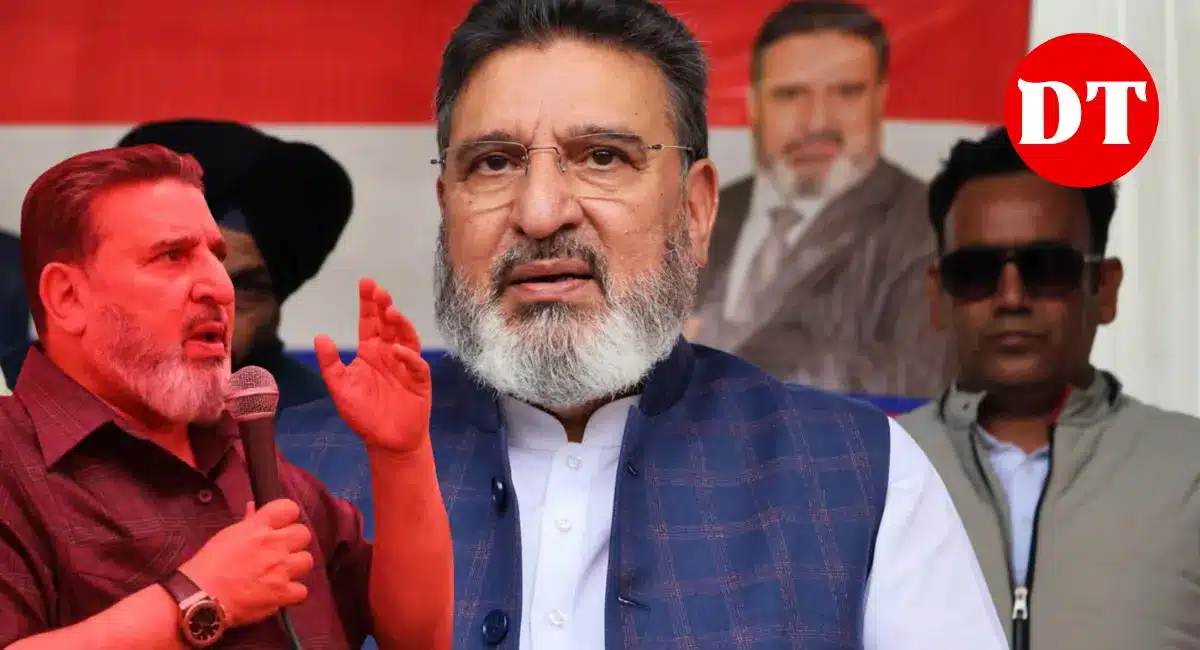Jammu, 31 January 2025 – Syed Mohammad Altaf Bukhari, the President of the Apni Party, recently spoke out against the proposed Waqf amendment bill, saying that religious organizations should be managed by their own communities instead of the government. His comments come as the bill is expected to be discussed in the upcoming budget session of Parliament.
Bukhari said, “This is a secular country. The Constitution states that religious bodies should not be interfered with. We support better management of Waqf properties, but these organizations should stay under the control of their communities.” His remarks highlight concerns about government involvement in religious matters.
In addition to his views on the Waqf bill, Bukhari called on the central government to help the unemployed youth in Jammu and Kashmir. He pointed out that there are over seven lakh jobless young people, many of whom are graduates and postgraduates. He suggested providing a monthly allowance of up to Rs 20,000 to help them until they find jobs. “Our youth need support during these tough times,” he said.
Bukhari also urged the government to double the financial grant for Jammu and Kashmir, which is currently Rs 10,000 crore. He noted that while the region generates a lot of hydropower, the local people do not benefit much from it. “Given the economic difficulties we face, the Union government should increase J&K’s financial support,” he added.
Furthermore, Bukhari stressed the importance of improving infrastructure, especially road connectivity. He called for funding for important projects, including tunnels at Sadhna Top and on the Gurez-Bandipora Road, as well as the proposed Vailoo-Kishtwar tunnel and the Peer Ki Gali tunnel on the historic Mughal Road. “These projects are crucial for reliable road access to remote areas in Jammu and Kashmir,” he said.
When asked about the government’s performance, Bukhari chose not to make quick judgments but noted that the government has admitted to facing challenges. He said, “I don’t agree that having two power centers is the main problem. The government needs to work together to serve the people.”
Bukhari concluded by reminding the ruling party of its promises made during the elections, which included creating two lakh government jobs, protecting local mineral resources, and regularizing daily wage workers. “They must keep their promises and cannot avoid their responsibilities,” he stated firmly.
As discussions about the Waqf amendment bill and economic support for Jammu and Kashmir continue, Bukhari’s statements highlight the need for community control and government accountability in addressing the region’s important issues.







